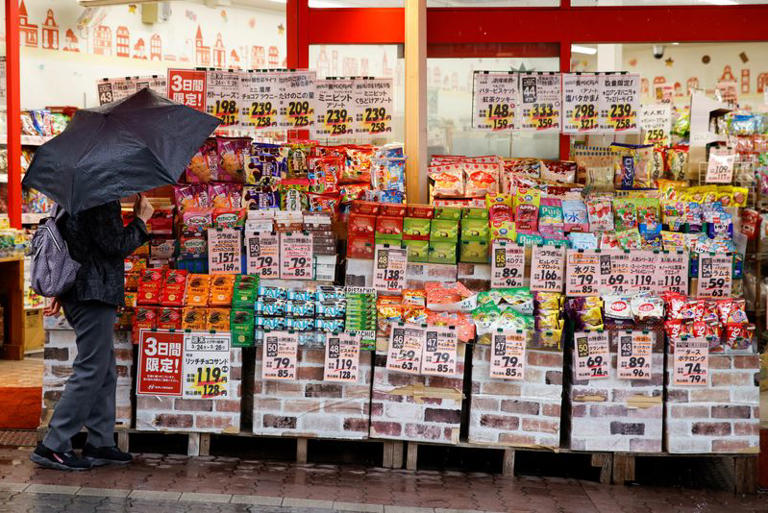In July, core consumer inflation in the Tokyo area likely experienced a slight acceleration compared to the previous month, according to a Reuters poll of 17 economists. This trend highlights the ongoing upward pressure on the cost of living in Japan, driven by a combination of external and internal factors. Imports of fuel, food, crude oil, and other commodities, exacerbated by a weakening yen, are contributing significantly to the inflationary pressures.
The Bank of Japan has emphasized the need for inflation to be sustained and driven by demand-pull factors such as wage increases and household consumption growth. Achieving this kind of inflation would create a more stable economic environment and set the stage for normalizing monetary policy.
Data from the Internal Affairs and Communications Ministry, scheduled for release on July 26, is expected to show that core inflation in the Tokyo area rose to 2.2% in July from 2.1% in the previous month. The core Consumer Price Index (CPI) in the Tokyo area, which excludes volatile fresh food prices, serves as an important leading indicator of nationwide price trends, providing an early glimpse into inflationary movements.
Takeshi Minami, chief economist at Norinchukin Research Institute, noted that retail prices at supermarkets have shown signs of slowing in July, with reduced price pressures on food and daily goods. However, he also pointed out that the weakening yen and sustained high crude oil prices continue to exert upward pressure on inflation. Additionally, the expiration of government measures aimed at easing inflation has led to a reacceleration of electricity and gas utility fees, resulting in higher year-on-year rises in energy costs.
This complex interplay of factors highlights the challenges Japan faces in managing inflation. The external cost-push factors, such as rising import prices due to a weak yen and elevated global commodity prices, are significant drivers. At the same time, the government and central bank are focused on fostering a more robust internal economic environment where wage growth and increased household consumption can drive sustainable inflation.
Overall, the slight acceleration in Tokyo’s core consumer inflation in July reflects the multifaceted nature of inflationary pressures in Japan. While the country grapples with external cost-push factors, the emphasis remains on achieving durable, demand-driven inflation that can support economic stability and pave the way for potential changes in monetary policy.
